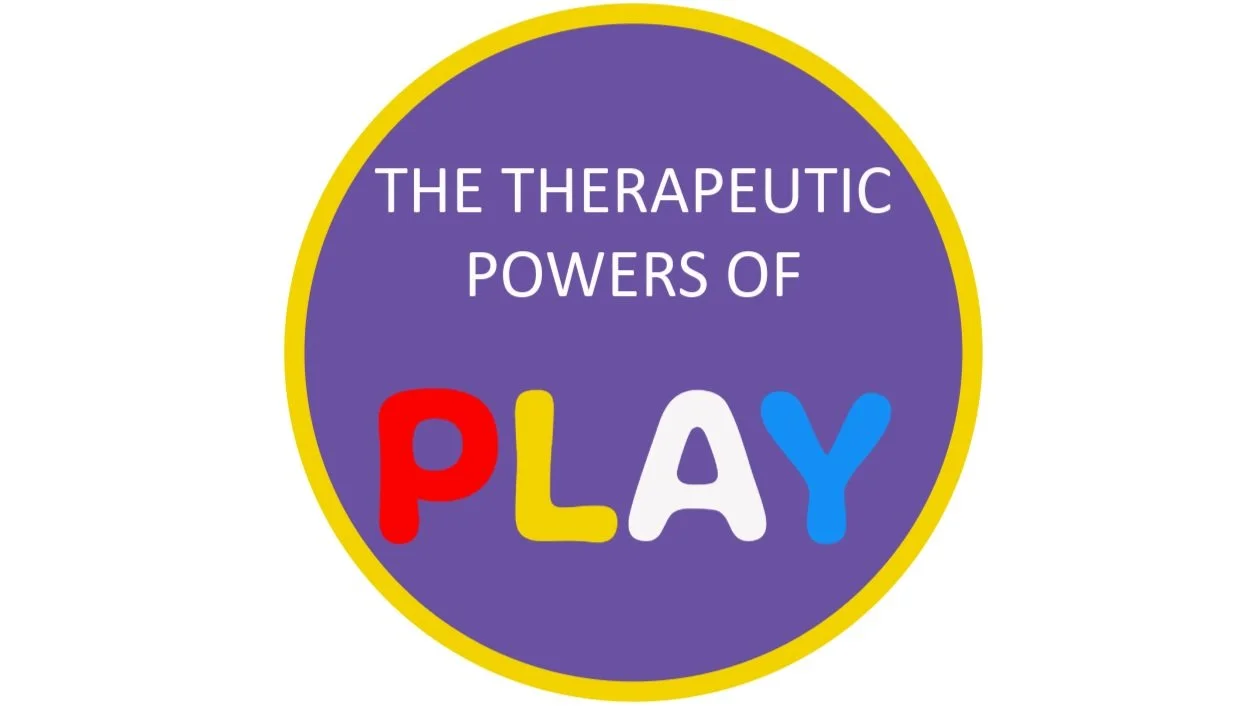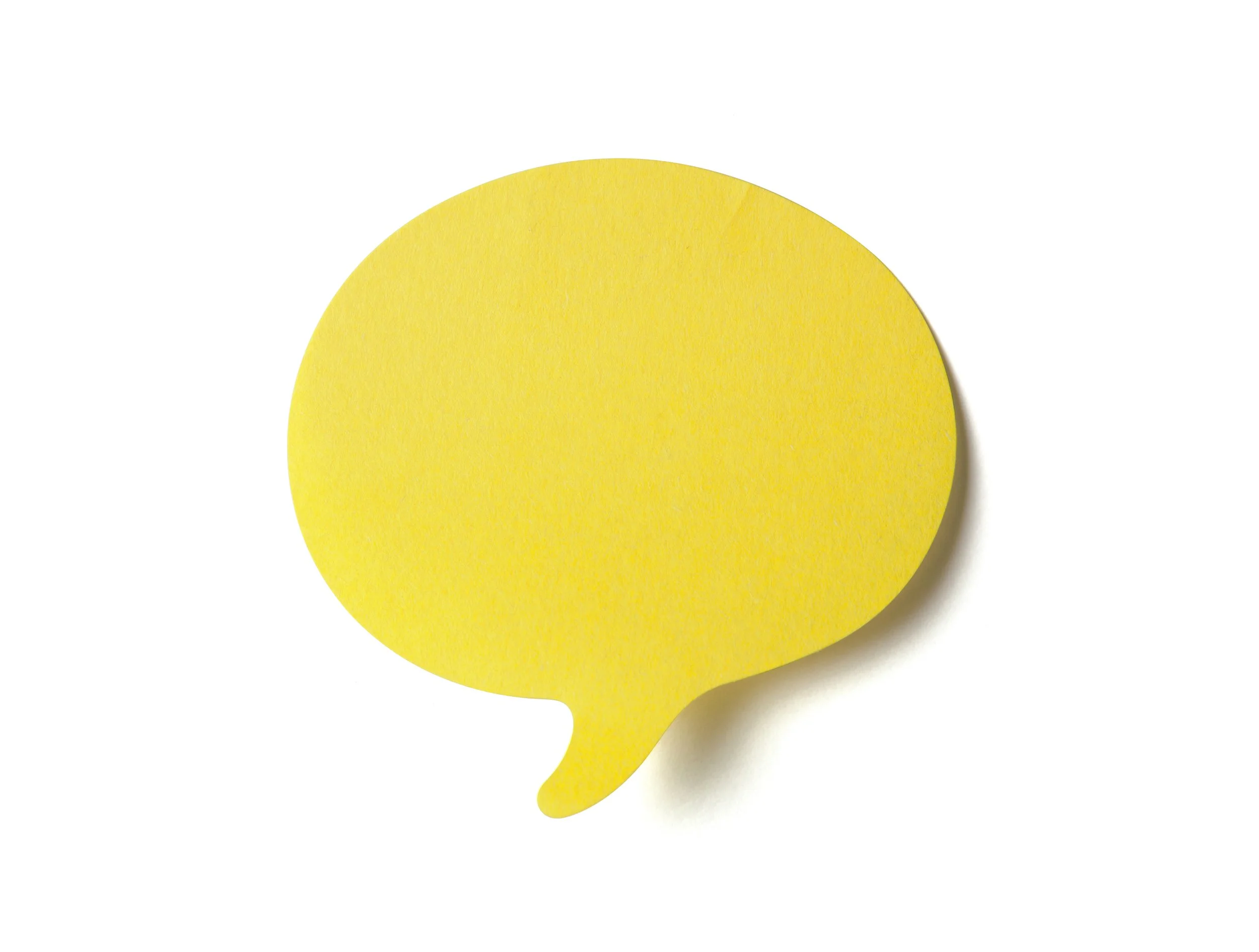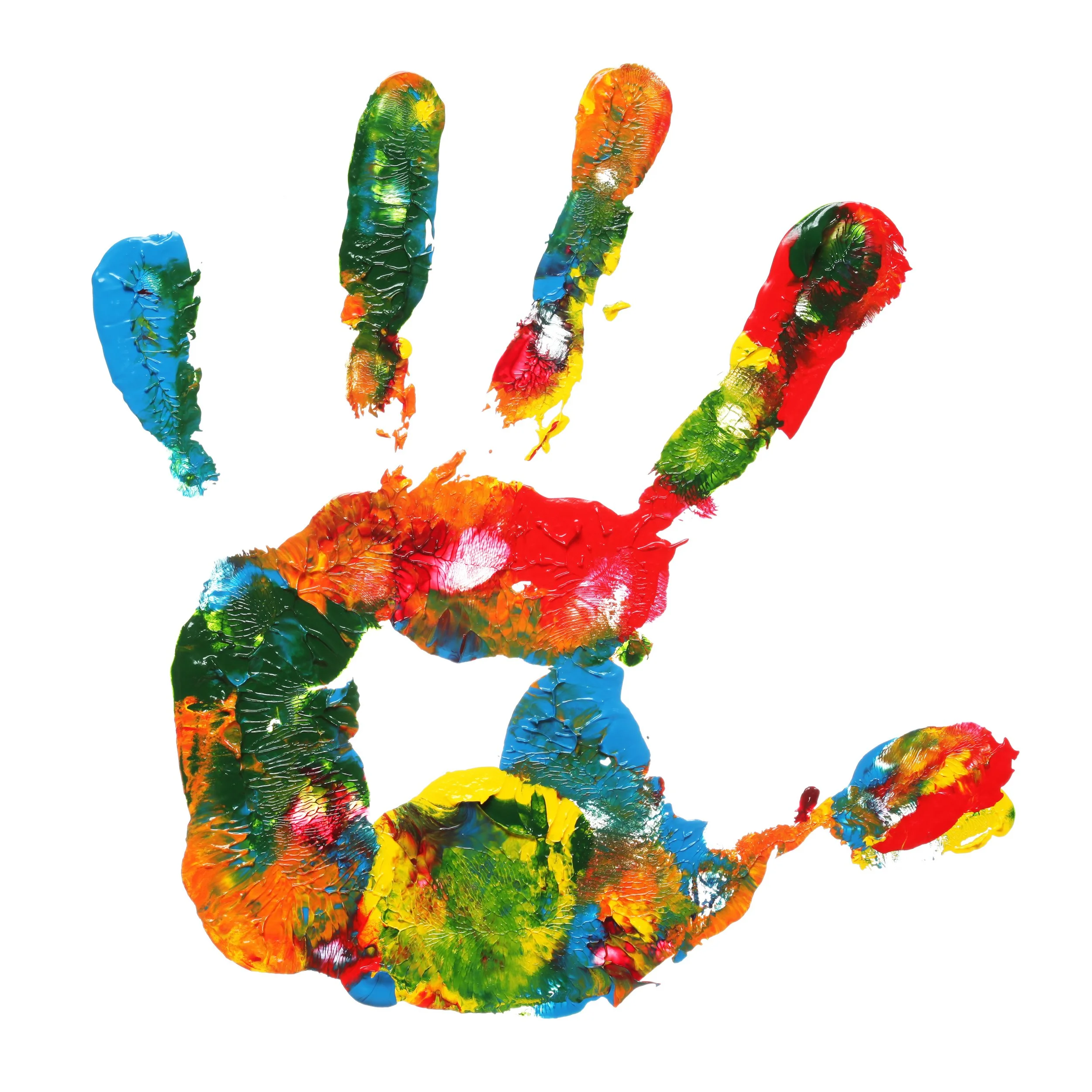Therapy Services
Helping children and their families.
The majority of my clients are children ages 3-12. As a Registered Play Therapist-Supervisor, I use many different approaches tailored to the needs of each individual child. These include: Adlerian Play Therapy, Child Centered Play Therapy, and Strengths-based Approach. I also use Cognitive Behavioral Therapy and Eye Movement Desensitization Reprocessing (EMDR) during sessions.
What is Play Therapy and how can it help your child?
The Association for Play Therapy defines play therapy as “the systematic use of a theoretical model to establish an interpersonal process wherein trained play therapists use the therapeutic powers of play to help clients prevent or resolve psychosocial difficulties and achieve optimal growth and development.”
Fosters Emotional Wellness
Increases Personal Strengths
Facilitates Communication
Enhances Social Relationships
Watch this video to learn more about how children communicate through play.
“Play Therapy is based upon the fact that play is the child’s natural medium of self expression ... It is an opportunity which is given to the child to ‘play out’ their feelings and problems just as in certain types of adult therapy an individual ‘talks out’ their difficulties.”
— Virginia Axline

Services
-
Child Centered Play Therapy is an evidence-based model that emphasizes understanding the child’s world and accepting the child unconditionally. The judgement-free relationship between the therapist and the child serves as a foundation for change.
This approach is best for children ages 3-10.
-
Adlerian Play Therapy is holistic and goal oriented. Through a combination of therapist-planned and child-led activities, children learn to process their feelings, thoughts and behaviors.
Adlerian focuses on the 4 Cs (courage, connect, capable, and count).
-
Child Parent Relationship Therapy, also known as Filial Therapy, is a 10-week structured curriculum that involves the parent and the child. The therapist works individually with the child and the parent. The therapist teaches parents basic play therapy skills that they will use to work with their child outside of sessions. During their weekly session, the parent will report on their home sessions and discuss areas for additional support.
-
Cognitive Behavioral Therapy (CBT) focuses on the idea that thoughts and behaviors are connected. CBT works to change automatic negative thoughts that can contribute to or worsen emotional difficulties. According to the American Psychological Association:
Psychological problems are based, in part, on faulty or unhelpful ways of thinking.
1. Psychological problems are based, in part, on learned patterns of unhelpful behavior.
2. People suffering from psychological problems can learn better ways of coping with them, thereby relieving their symptoms and becoming more effective in their lives.
-
The Strengths-based Approach focuses on the positive attributes of an individual, not the negative.
This type of approach builds on clients’ strengths, seeing them as resourceful and resilient when they are in adverse conditions (McCashen, 2005).
It is client-led and centered on outcomes, helping people to affect change in themselves.
How do I get started and what should I expect?
Fill out the online form under Contact. Within 24-48 hours a 15-minute free consultation call will be scheduled to see if I would be a good fit for your family’s needs.
Schedule an intake appointment for the adults (parents/caregivers and therapist) to share background information on your child.
Schedule weekly sessions. Weekly sessions aid in developing my rapport with your child. Rapport building is a crucial part of a therapeutic relationship and depends on the child. For some it could take as little as three sessions, but for most it will take longer. We can discuss frequency of sessions based on your child’s needs.
Therapist and caregivers will meet every four or six weeks to discuss progress.
FAQs
Do you accept insurance?
Yes. I am paneled with Cigna, Aetna, and UHC.
How much do sessions cost?
Intake sessions are $165 dollars for a 60-minute session.
Individual sessions are $150 dollars for a 45–50-minute session.
Family sessions are $150 dollars for a 50-minute session.
How long will my child be in therapy?
It depends. It depends on your child’s diagnosis, presenting concerns, consistently coming to sessions, and how much your child participates during therapy. On average, you may start seeing change after ~20 sessions, it could be more that that or less than that. Keep in mind the behavior did not form overnight, it will not be resolved in one session.
What if I can’t make it to my scheduled appointment?
I have a 24-hour cancellation policy. If you cancel 24 hours before the scheduled session time you will not be charged. I’m happy to work with you to reschedule due to sickness, school events, weather, or vacation.
If you cancel less than 24 hours before your appointment there will be a late cancellation fee of $75.
In person sessions or virtual sessions?
Children do better with in person sessions. Virtual sessions will be offered for parent sessions, due to weather, sickness, and a case-by-case basis. Virtual sessions are not as effective for younger children or those with certain diagnoses.
Do you have to give a diagnosis?
If you are wanting to use insurance, a diagnosis is required. I will work with you on determining which diagnosis best fits your child’s behaviors/needs based on the information provided at intake and using the DSM-5. A treatment plan will be created as a written document of goals to be addressed in sessions.
Do you prescribe medication?
No. I am not a psychiatrist or an MD.







